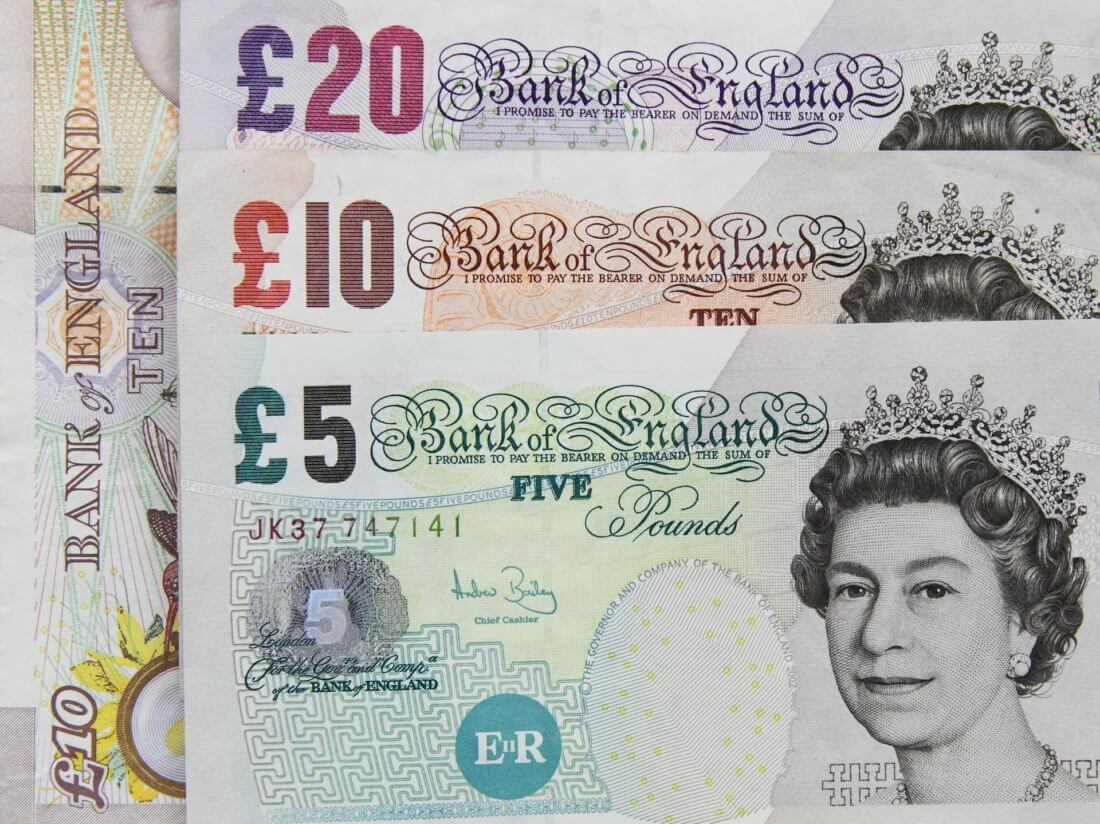
The U.S. dollar continued gaining while Sterling plummeted
The U.S. dollar soared in choppy trading today while investors contemplated the possible results of a key inflation report due later this week. The dollar index climbed by 0.1% at 113.19 in mid-morning trading, rising toward the 20-year peak of 114.78 last month.
Moreover, the dollar skyrocketed to a three-week high versus the Japanese yen. It traded at 145.86 at last, near the 24-year peak of 145.90 reached before the Japanese authorities decided to support the Yen three weeks ago. The Yen remained flat at 145.73 per USD at last, though.
On Tuesday, Japan’s chief cabinet secretary Hirokazu Matsuno stated that the government is willing to intervene if the currency continues dropping. According to Matsuno, the authorities would take appropriate steps on excess Forex moves. Such a promise has already supported the Yen in recent weeks. Despite that, the currency is slowly declining towards multi-decade lows again. Thus, its central bank may intervene sooner rather than later.
Meanwhile, worries about increasing interest rates and geopolitical tensions pushed the traders towards safe haven currencies. Analysts expect a high inflation report on Thursday. Combined with strong U.S. labor market data, that will likely cause the Fed to continue hiking interest rates through 2023. In such a case, the dollar could surge back toward the 2002 high hit in September.
Mazen Issa, the senior F.X. strategist at T.D. Securities in New York, noted that the U.S. payrolls report last Friday came out strong. It was a big blow to traders looking for a Fed pivot anytime soon. The agency needs to make it clear that the U.S. economy is still too strong.
How are the Euro and Sterling faring now?
The common currency changed insignificantly to $0.9702 on Tuesday. However, it had suffered four consecutive days of losses before this session, declining toward the 20-year low of $0.9528 hit on September 26.
The Bank of England increased bond buying. In addition, U.K. Finance Minister Kwasi Kwarteng stated that he would make some budget announcements. Despite that, British markets are still on edge. On Tuesday, the BoE tried again to hinder a collapse in the government bond market, declaring that it would purchase inflation-linked debt until the end of the week.
However, the latest labor market data showed the U.K.’s unemployment rate has dropped to its lowest level since 1974 in the three months to August. Such fall was partly due to a record number of people leaving the labor market, but investors still worry.
Consequently, the British Pound tumbled down for a fifth straight day on Tuesday. It hit its lowest level since September 29 at $1.0999. The Sterling traded flat at $1.1055 at last.
At the same time, the Australian dollar plummeted to a 2-1/2 year low of $0.6248 today. Analysts at the National Australia Bank noted that the market sentiment was fragile; thus, the Aussie could continue falling in the coming days.
The Chinese offshore Yuan also shaved off 0.3% at 7.177 against the U.S. dollar in this session. A resurgence of coronavirus cases weighed on the Yuan.
What about the E.M. currencies?
Most Asian currencies traded in the red on Tuesday. The Malaysian ringgit plunged to a new 24-year low, dropping as much as 0.5%. At last, it exchanged hands at 4.670 to the greenback, its lowest level since January 1998. Stocks in Malaysia also plummeted as much as 1.6%, while bond yields jumped by 2 basis points to 4.404%.
On Monday, Malaysian Prime Minister Ismail Sabri Yaakob issued the dissolution of parliament, angling for an early election. Wei-Liang Chang, an F.X. and credit strategist at DBS, noted that while a strong mandate would be helpful, the MYR will most likely depend on the new government’s priorities.
Meanwhile, the Thai baht and Singapore dollar plunged by 0.6% and 0.2%, respectively. Many investors fear that major central banks’ rapid tightening of their monetary policies could cause a global recession. Yields in Indonesia surged forward for a fourth straight session, climbing by 3.2 basis points to 7.310%. However, its currency dropped by 0.3%.
Furthermore, the Philippines’ trade deficit came in at a record $6 billion for August. Imports jumped to 26%. The peso added 0.1% today. DBS’s Chang noted that the central bank likely supported the currency. Other Asian stock markets traded broadly lower, with markets in Indonesia and Thailand tumbling by about 0.2% each.




